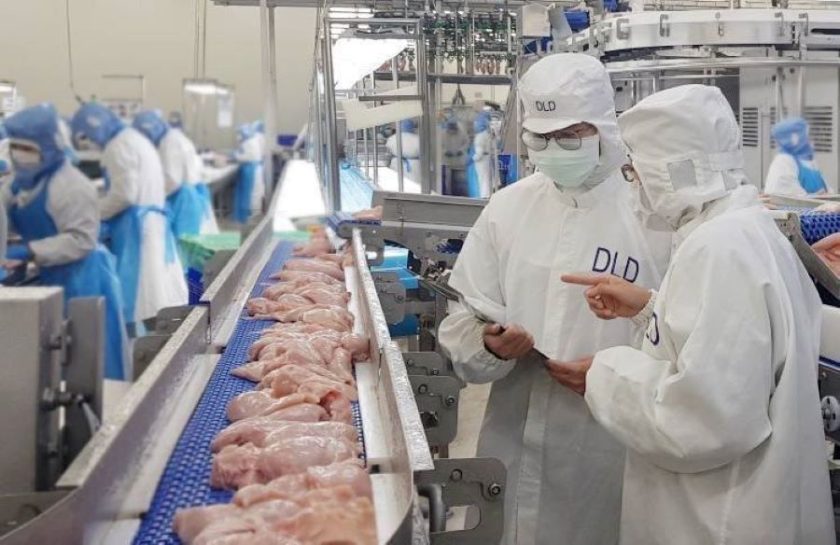Content available at: ไทย (Thai)
Thailand is eyeing an opportunity to expand its chicken exports after China and the EU temporarily suspended imports of poultry and related products from Brazil, the world’s largest poultry exporter, following a confirmed outbreak of highly pathogenic avian influenza (HPAI) at a Brazilian farm.
According to the Brazilian Association of Animal Protein Exporters, China and the EU jointly imported over 793,000 tons of Brazilian chicken last year, accounting for nearly 15% of the country’s total poultry exports.
The current suspension presents a significant opening for Thailand to capture a share of redirected orders, thanks to its internationally recognized animal health and biosecurity standards.
Somchuan Ratanamangkalanont, Director General of Thailand’s Department of Livestock Development, confirmed that the HPAI outbreak in Brazil has been officially acknowledged.
In response, key trading partners, including China and the EU, have suspended poultry imports from Brazil as a precautionary measure.
Thailand, on the other hand, has not experienced an avian influenza outbreak in over a decade, with the last occurrence dating back to over 10 years ago.
Since 2014, the Department of Livestock Development has implemented stringent and effective disease prevention measures, which have been well-regarded by international trade partners.
Dr Somchuan emphasized that Thai poultry farmers and producers have been urged to strictly adhere to biosecurity protocols, especially during periods of weather instability, to reduce the risk of outbreaks and maintain export market confidence.
Key measures Thailand has in place to prevent avian influenza:
- Enhanced biosecurity systems: Strict controls are in place for the entry and exit of personnel and vehicles at poultry farms, including mandatory cleaning and disinfection. Farm equipment must be regularly sanitized, and under no circumstances are poultry or related products from unknown or high-risk sources allowed into farms. Proper handling and disposal of poultry waste and carcasses are also enforced.
- Closed farming systems (Compliant with WOAH standards): Thailand operates closed farming systems that include feed production, poultry farming, and processing plants. These systems are continuously monitored to ensure the health of the poultry stock.
- Active and passive surveillance: Routine health checks are conducted on poultry, and any unusual illness or death must be reported immediately to livestock authorities. Training and educational outreach to farmers on disease monitoring and prevention are ongoing.
- Strict control of poultry movement: All movements of poultry are closely monitored and controlled. To prevent disease introduction, breeding stock, laying hens, and poultry meat from countries with avian influenza outbreaks are prohibited from being imported.
- Rapid culling in suspected outbreaks: In cases where abnormal poultry deaths occur in high-risk or epidemiologically linked areas, rapid culling and disposal are carried out to prevent further spread.
Dr Somchuan further noted that Thailand’s disease surveillance and control efforts involve a comprehensive collaboration between the public and private sectors under the ‘One Health’ approach.
This initiative emphasizes the importance of maintaining health in poultry farms and in swine, cattle, and goat/sheep farms, ensuring Thailand’s continued status as a disease-free country and a trusted supplier of agricultural products on the global stage.

